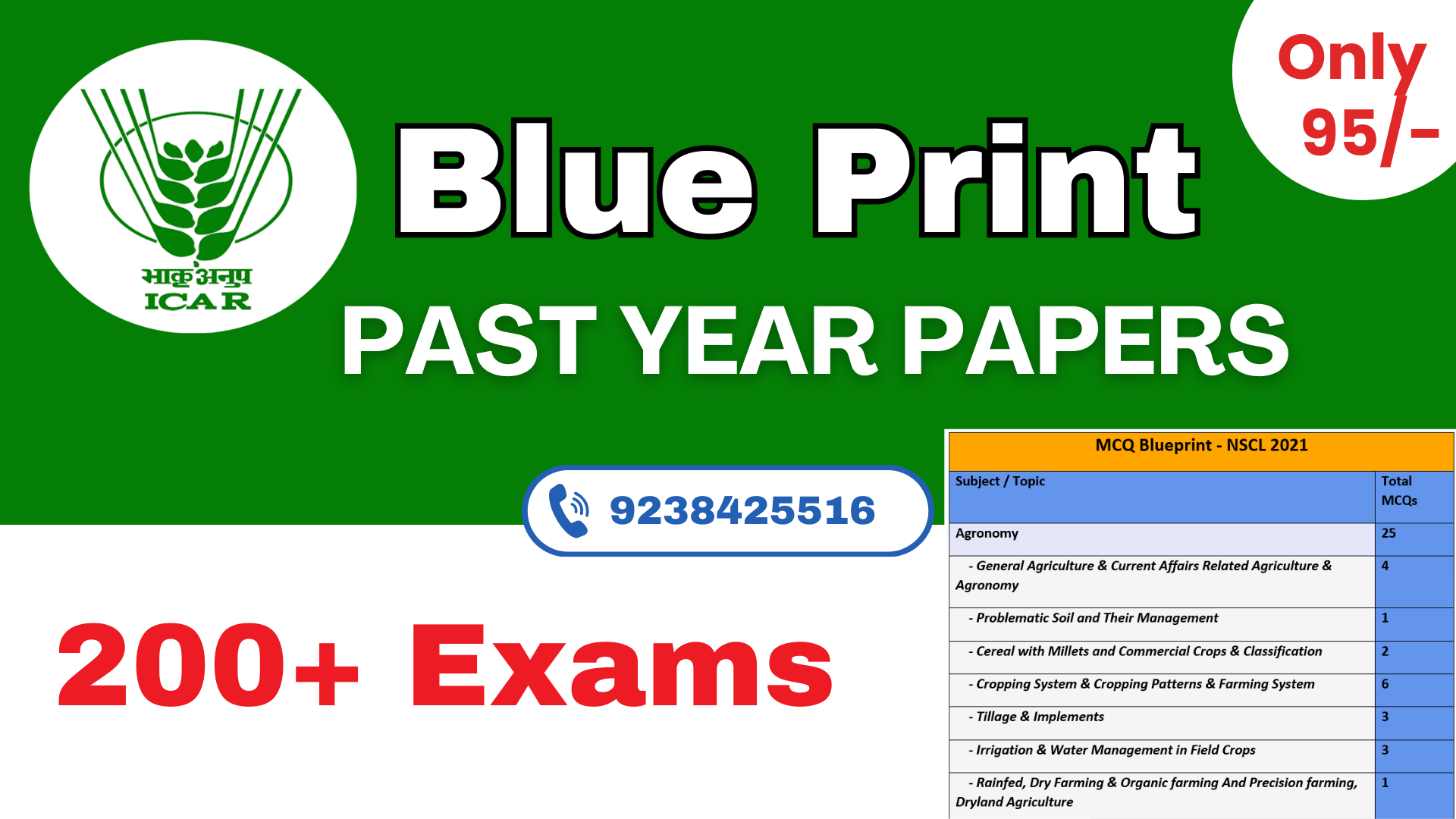Question: Which genus of earthworms is commonly used for vermicomposting in India?
Options:
Eudrilus
Eudrigaster
Pontoscolex
Eisenia
The genus Eisenia, specifically Eisenia fetida (commonly known as the red wiggler or tiger worm), is the most commonly used earthworm species for vermicomposting in India. This species is highly efficient in decomposing organic waste into nutrient-rich vermicompost due to its adaptability, high reproduction rate, and ability to thrive in a variety of conditions.
• Why Eisenia is preferred:
-Rapid composting: Breaks down organic waste quickly into nutrient-rich compost.
-High reproduction rate: Multiplies rapidly, making it ideal for large-scale composting.
-Wide adaptability: Performs well under diverse temperature and moisture conditions.
-Nutrient-rich compost: Produces high-quality vermicompost that is rich in essential nutrients and beneficial microbes.
🔑Key Points:
-Vermicompost, or castings, is worm manure. Worm castings are considered by many in horticulture to be one of the best soil amendments available.
-Most worm farms raise two main types of earthworms: Eisenia foetida and Lumbricus rubellus.
-These two species are often raised together and are difficult to tell apart.
-These worms are commonly used to produce vermicompost, as well as for fish bait.
-The nutrient content of castings depends on the material fed to the worms and worms commonly feed on highly nutritious materials, such as food waste and manures.
-Worm castings provide a variety of nutrients that help to promote plant growth and in a form readily available for plant uptake.






